The 4th Iranian Festival of Music Websites and Weblogs was held in Niavaran Cultural Center, in Tehran, Iran on Feb. 28th, 2015. The initiator of the festival was Sajjad Pourghanad, Iranian music writer, researcher, founder of the festival and Persian setar and tar player.
Tag Archives: Iranian Festival of Music Websites and Weblogs
Latest posts
- Transition to Enlightenment: Six Lectures on Mozart’s String Quartets (5)
- Nasser Masoudi: The Voice of Gilan and a Legacy of Iranian Music
- Farhad Poupel: The Voice of the Shahnameh in the Orchestras Around the World
- Five Major Myths About Mozart’s Life
- Bahma Rajabi Passed Away!
- Reza Vohdani; Unveiling unpublished works, preservation of Iranian classical music
- Ahmad Pejman Passed Away!
- Timeless or Timely: The Role of Historical Context in Defining Artistic Value
- Leading the Charge in Censorship
- The Legacy of Khosrow Jafarzadeh
- Transition to Enlightenment: Six Lectures on Mozart’s String Quartets (4)
- Fereydoun Shahbazian, An Iranian Musical Icon Passed Away
From Past Days…
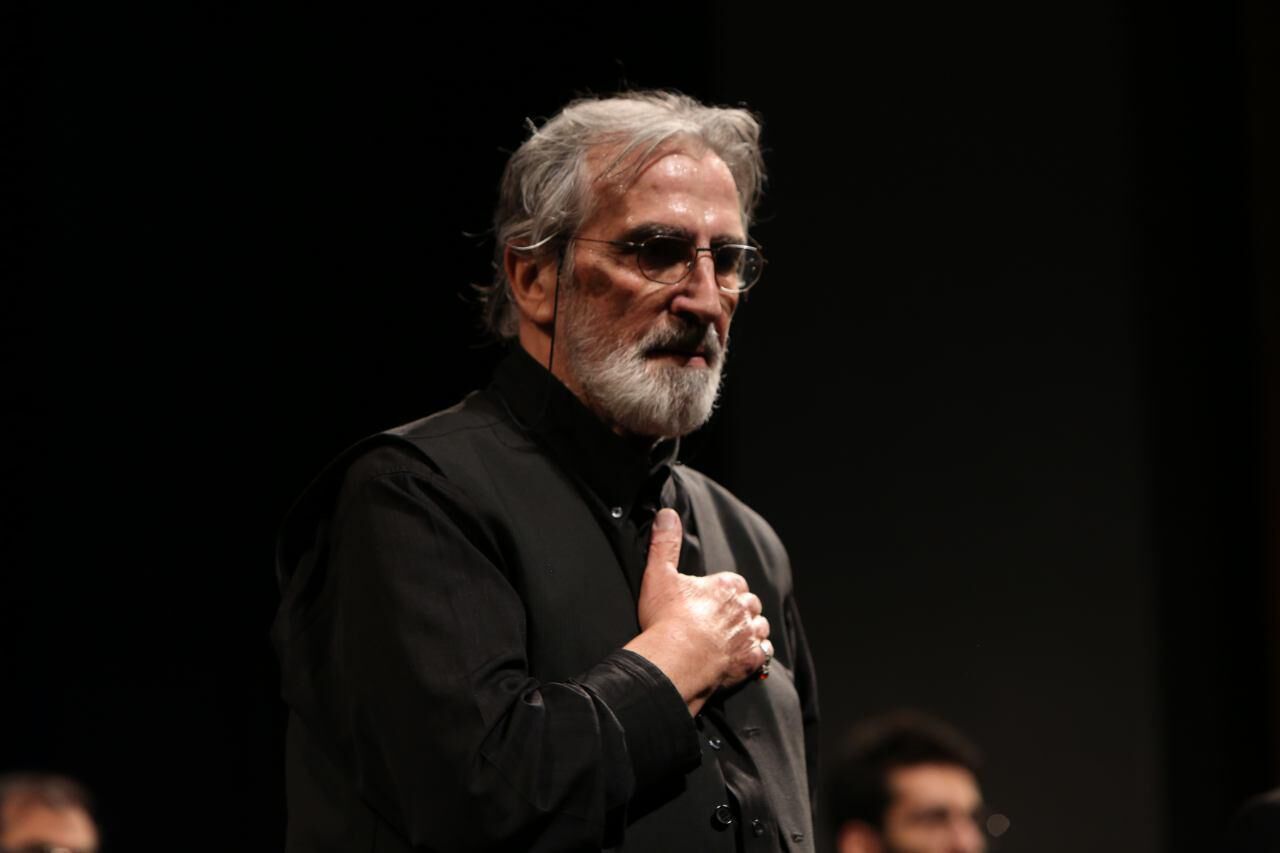
Fereydoun Shahbazian, An Iranian Musical Icon Passed Away
Fereydoun Shahbazian, the renowned Iranian composer, passed away at the age of 82 due to respiratory illness in Tehran. His last significant activity was leading the National Orchestra before the appointment of Homayoun Rahimian.

Gholam Reza Khan Minbashian: a pioneer in Iranian music (I)
Gholam Reza Khan Minbashian, a.k.a Salar-Mo’azez, was a pioneer in several domains in the history of the Iranian music. He is recognized as the first Iranian musician who was educated in classical music. He is also the first Iranian the score of whose works were published in Europe. He is the first Iranian to have launched courses on Western classical music and was also the first Iranian teacher of classical music. Moreover, he is the first founder of a string orchestra in Iran, the first author of the Iranian Radif which was available in oral form. Minbashian is also the first Iranian who studied music in Europe.
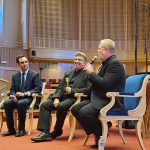
A combination of technique and musicality in the fingers of a pianist
In the world of classical music, the position of soloist has always been exceptional. Apart from the technical ability that many orchestral musicians also have, the soloist must also have a special power to be able to present a different and unique perspective of a piece. The soloist must maintain its special power of expression not only in solo roles but also when interacting with the orchestra.

Prominent Iranian Musicologist Passes Away in Vienna
Khosrow Djafarzadeh, musicologist and architect, who was also one of the main authors of HarmonyTalk journal passed away on 15 July 2019.
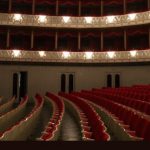
Last Year under the Light of Music
Almost three months into the new Iranian year (starting March 21), it is still not too late to have a look at the last year and the challenges that the musicians faced. The following article was published on the first day of the New Year in the Persian edition of the HarmonyTalk journal.
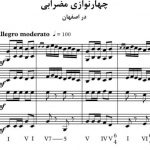
Inefficiency of some chords and harmonization systems in Iranian music
Discussions and research have been conducted on the harmonization of “dastgah” and melodies in Iranian music, and several books have been published on this topic, including “Armenian Music of Iran” by Ali Naghi Vaziri, “Harmony of Iranian Music” by Farhad Fakhreddini, and “Harmony of Iranian Music” by Ali Ghamssari. A master’s thesis titled “Presenting a Solution for Harmonizing Based on the Structure of Tritone Intervals” was written by Atefeh EinAli in 2014. Additionally, the invention and use of “Even Harmony” by Morteza Hannaneh should be mentioned.
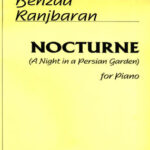
A Persian Nocturne for Piano
A Night in a Persian Garden is the name of a Nocturne composed by the Persian (Iranian) contemporary composer Behzad Ranjbaran. This Nocturne, published recently by the Theodore Presser Company in the US, was performed for the first time in 2002 in New York City by the young Persian pianist Soheil Nasseri and has enjoyed many performances by other pianists.

“The Art of Silence” Project Will be Released
Shaahin Mohajeri, the award-winning Iranian microtonal compose, has contributed to The Art of Silence is an international project which features unpublished pieces by microtonal composers from Iran, Japan, the United States, and other countries.

Three singers in one larynx
Sima Bina (b. 1945) is a unique singer among the singers of Golha radio programmes which were broadcast on Iranian National Radio for 23 years from 1956 to 1979. She received her first lessons in music from her father who was a poet, a musician and the most important supporter of Sima’s cultural activities.
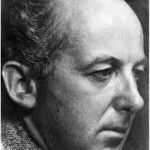
Henry Cowell: “Persian Set”
Persian Set: Four Movements for chamber orchestra: Moderato; Allegretto; Lento; Rondo
Henry Cowell, one of the most innovative American composers of the 20th century, was born in 1897. Cowell and his wife visited Iran in 1956 and stayed there the whole winter, upon the invitation by the Iranian Royal Family, when he composed his album “Persian Set” in four movements for chamber orchestra. His composition is expressive of the characteristic quality of the Persian or the Iranian music.